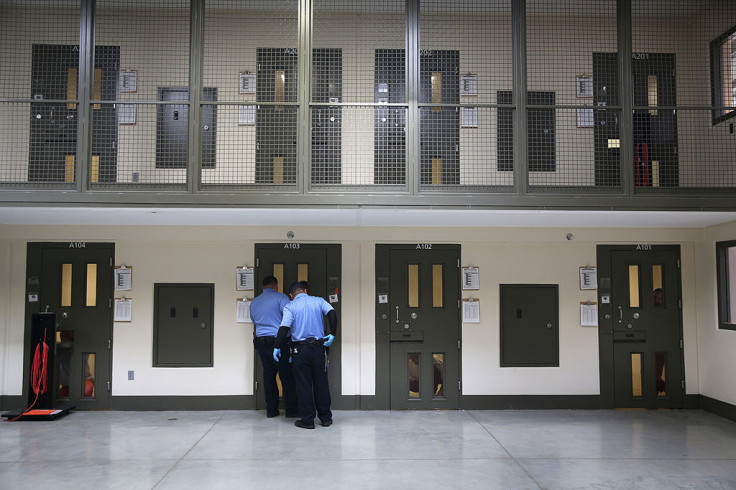
The Trump administration is reportedly planning a major expansion of U.S. immigration detention capacity, aiming to increase the number of beds to more than 107,000 by January of next year, according to an internal Immigration and Customs Enforcement (ICE) planning document obtained by The Washington Post.
The roadmap outlines the opening or expansion of 125 facilities this year, including large-scale "mega-detention" centers and temporary "soft-sided" structures that can be erected in weeks.
The expansion would extend ICE's reach into new states, with 19 projected to have at least 1,000 beds by year-end, up from 14 currently, the report detailed. Texas, Louisiana, California, and Georgia would remain the states with the highest concentration of detention facilities, while states like Oklahoma, Indiana, Minnesota, North Carolina, and Tennessee are slated for new facilities.
Plans include at least three family detention centers totaling 5,700 beds, a substantial increase over the current capacity of about 2,000 beds at Dilley, Texas. ICE officials say these expansions comply with federal standards for child treatment, though advocacy groups consulted by The Washington Post report ongoing issues such as trauma and malnutrition among detained children.
The expansion is backed by a $45 billion detention budget approved by Congress, with private prison contractors Geo Group and CoreCivic poised to double their annual revenue from ICE contracts, receiving new agreements valued at over $500 million each.
Human rights concerns have, however, intensified alongside the expansion in recent weeks. A report from Senator Jon Ossoff's office (D-Ga.) documented 510 credible reports of abuse in ICE detention facilities, including cases of physical and sexual abuse, mistreatment of pregnant women, and harm to children. Instances included pregnant women left without medical attention and detainees subjected to physical violence.
Frequent transfers between facilities have also raised flags among attorneys and advocates as detainees have seen access to legal representation threatened. In some cases, individuals have been moved hundreds of miles with no notification to their families or attorneys, making bond motions and court proceedings difficult.
Nevertheless, the Trump administration assures there is nothing to worry about, and that complaints are being blown out of proportion.
"ICE does not 'disappear' people," said Tricia McLaughlin, a spokeswoman for the Department of Homeland Security, in a statement to The Wall Street Journal on August 6. "The appropriate process due to an illegal alien with final deportation orders is removal, plain and simple. That said, DHS has a stringent law enforcement assessment in place that abides by due process under the U.S. Constitution."
© 2025 Latin Times. All rights reserved. Do not reproduce without permission.






